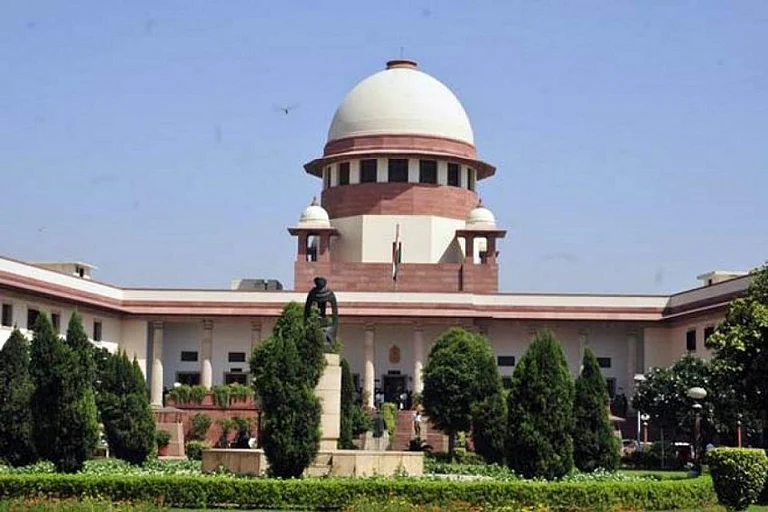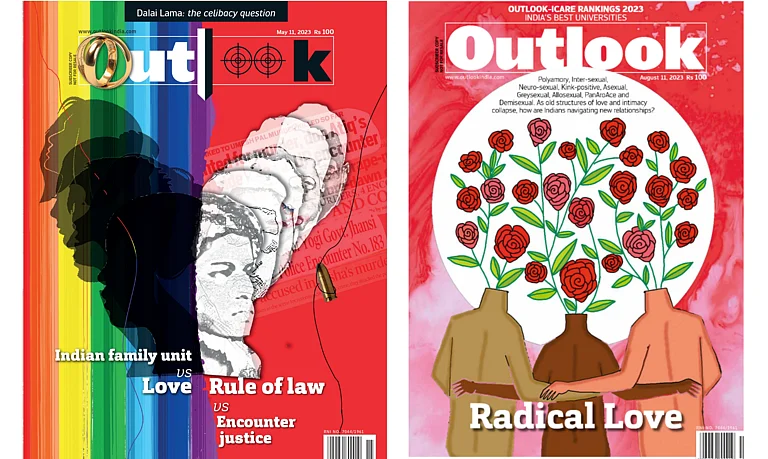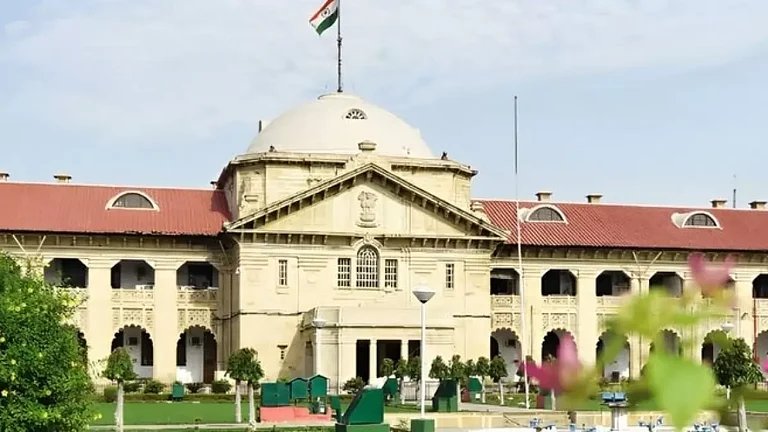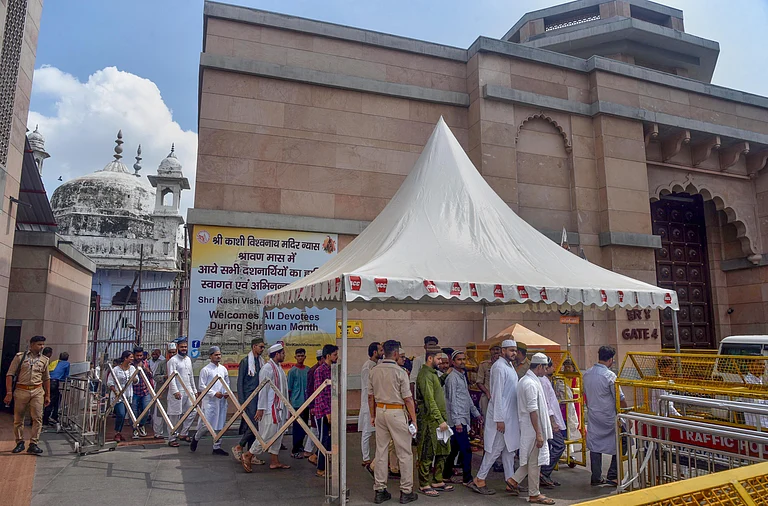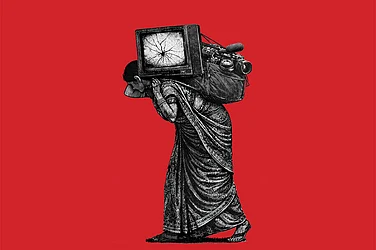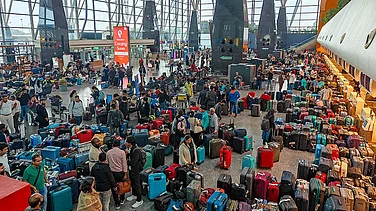The Muslim side in the Krishna Janmabhoomi-Shahi Idgah mosque dispute case has moved the Supreme Court against the Allahabad High Court's order which rejected their plea challenging the maintainability of 18 cases related to the matter.
The Committee of Management of Trust Masjid Idgah filed this plea challenging the August 1 order of the High Court in the top court via advocate RHA Sikander, who said that the matter will likely be heard next week.
What Was The High Court Order
On August 1, 2024, the Allahabad High Court ruled that the 18 petitions filed by the Hindu side in the Krishna Janmabhoomi-Shahi Idgah Masjid dispute are maintainable, rejecting the Muslim side's plea challenging the same.
The court observed that the "religious character" of Shahi Idgah needs to be determined.
The mosque committee had contended that the suits filed by the Hindu petitioners over the dispute violated the Places of Worship (Special Provisions) Act, 1991, and were thus not maintainable.
The 1991 Act prohibits changing the religious character of any shrine from what existed on the day of the country's Independence. The Act exempted only the Ram Janmabhoomi-Babri Masjid dispute from its purview.
The High Court, in its ruling, had said that the Act did not define the term "religious character" and the "disputed" place cannot have a dual religious character -- of temple and a mosque -- at the same time.
"Either the place is a temple or a mosque. Thus, I find that the religious character of the disputed place as it existed on August 15, 1947, is to be determined by documentary as well as oral evidence led by both the parties," the high court judge observed.
Justice Mayank Kumar Jain had concluded that the cases "do not appear to be barred by any provisions of the Wakf Act, 1995; the Places of Worship (Special Provisions) Act, 1991; the Specific Relief Act, 1963; the Limitation Act, 1963 and Order XIII Rule 3A of the Code of Civil Procedure, 1908".
How Did The Hindu Side React
Following the Allahabad High Court's order, the Hindu side advocate Vishnu Shankar Jain had said that they will file the caveat before the Supreme Court.
"The end result is that the trials will proceed and the intention and the effort to nib in the trial on the issue of maintainability has been rejected. We will file the caveat before the Supreme Court and if the Shahi Idgah Masjid approaches the SC, we will be present there," he had said.
Uttar Pradesh Deputy Chief Minister Keshav Prasad Maurya had said, "We welcome the court's decision. The construction of a grand temple at Ram Janmabhoomi happened after the judgment of the Supreme Court. I am confident that in the coming time, Shri Krishna devotees will also get justice."
Meanwhile, Deputy CM Brajesh Pathak had said that the decision was according to the sentiments of the people.
SC Stay On Court-Monitored Survey
The High Court, in December 14, 2023, had allowed a court-monitored survey of the Shahi Idgah mosque complex and agreed to appoint a court commissioner to oversee it.
While allowing the plea for the survey, the court had said that no harm should be caused to the structure during the exercise which it indicated could be overseen by a three-member commission of advocates.
However, on January 16, 2024, the Supreme Court had imposed a stay on the operation of the High Court's December 14 order but, it clarified that the court is free to continue with the legal proceedings in the matter.
The apex court had said that the application for the appointment of a local commissioner for the survey was very vague, saying that such a plea should not have been the basis for the HC's order.
A top court bench headed by Justice Khanna, then on August 9, extended its stay till November on the operation of the Allahabad HC order, allowing the court-monitored survey.
What Is The Dispute?
On September 24, 2020, Lucknow resident and advocate Ranjana Agnihotri and six others originally filed a plea in the lower court to remove the 17th century Shahi Idgah mosque from the complex it shares with the Katra Keshav Dev Temple, close to the place known as 'Krishna Janmabhoomi'.
The petitioners had claimed in the plea that Shahi Idgah Masjid is constructed on a part of a 13.37-acre land belonging to the Shri Krishna Janmabhoomi Trust. They demanded that the mosque be removed and the land returned to the Trust.
The plaintiffs also claimed that there were a number of signs which, they said, established that the structure in question was a Hindu temple, including a 'kalash' (sacred pot) and a pinnacle on the top of the building, epitomising a Hindu architectural style and not present on any Islamic structure.
In December 2023, the Allahabad High Court dismissed all petitions by the mosque committee challenging the civil suits that sought restoration of a temple at the mosque site -- a ruling which came as setback for the Muslim side.
Following this the court had ordered a court-monitored survey of the Shahi Idgah mosque complex under a three-member team of advocates.




